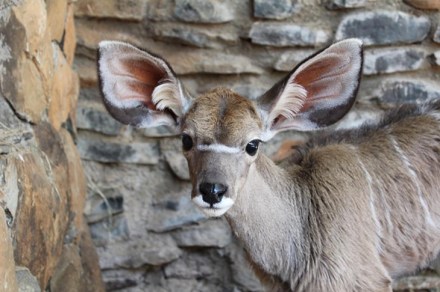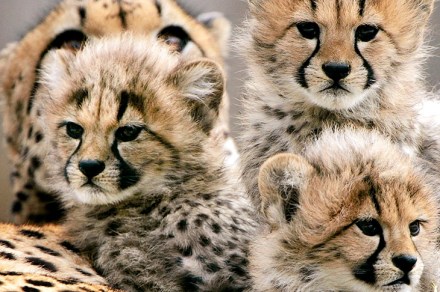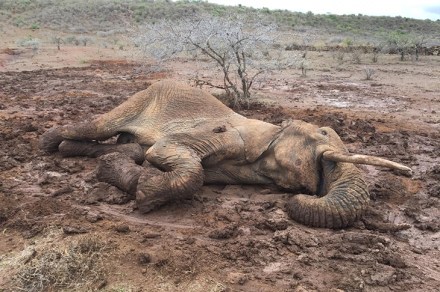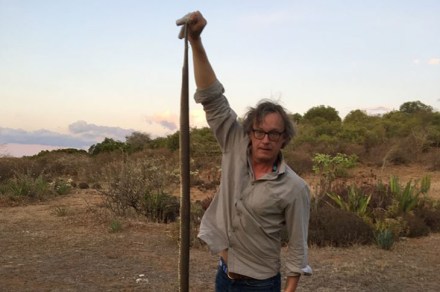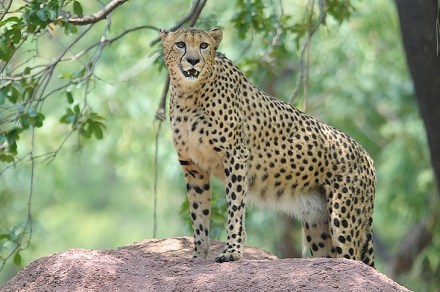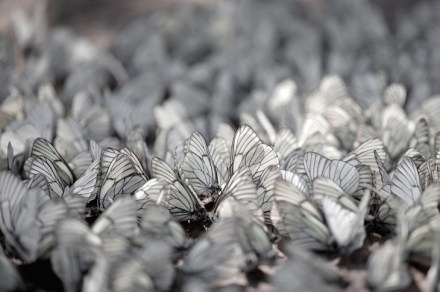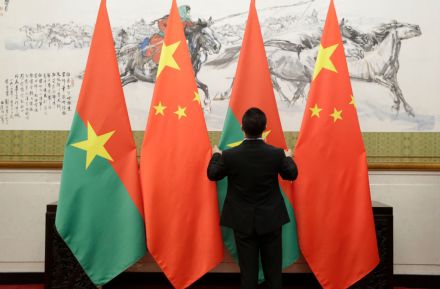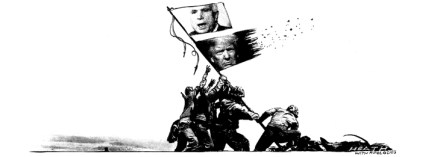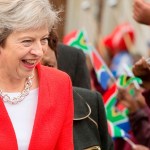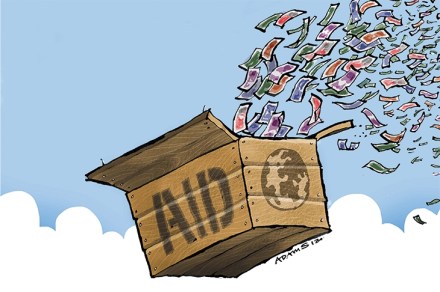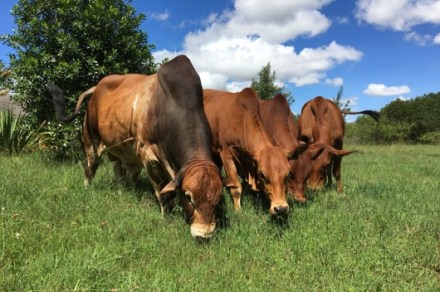The joy of a Rwandan airport
Our plane touched down in Rwanda at 7 p.m. Stepping outside on to the metal steps, I smelt that unmistakable peppery, earthy, decomposing smell that says you have landed in tropical Africa and that for the foreseeable future things will be different. I crossed the tarmac to the arrivals halls and, sweating already, lined up to show my passport and visa. Stupidly and inadvertently I had applied for the visa via a private online company called the Rwanda Visa Service, which charges a handling fee of nearly 200 per cent on top of the normal visa price. Four weeks before my departure date, I had successfully gone through all the


